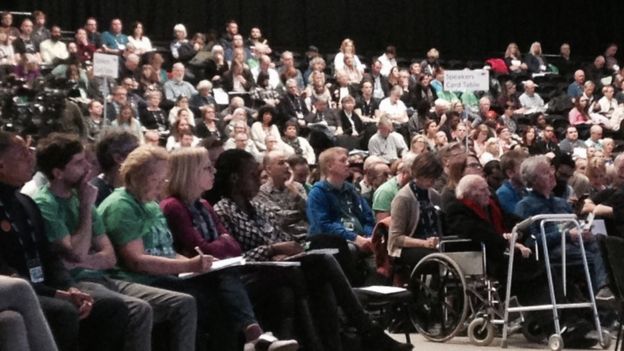Do academies get better results?
Posted on Tuesday 12th Apr 2016
If a school becomes an academy are the results more likely to improve?
It's a key question in the debate about whether all schools in England should be forced to become academies, but the answer often seems frustratingly unclear.
An independent education data firm has carried out an analysis in an attempt to get an answer.
SchoolDash created a sample of secondary academies and local authority schools with similar characteristics to see how their exam results compare.
And the short answer is: Sometimes academies do better, sometimes not.
So what's the problem with getting a more definitive answer?
Almost two in three secondary schools in England are now academies - but it's become a term that is applied to very different types of school.
It's like using the same term to describe football teams in the promotion and relegation zones.
About 70% of secondary academies are known as "converter" academies - and these schools were usually doing well before they became academies.
For these academies, the SchoolDash analysis says there is no discernible pattern of any impact on results.
Based on raw averages - and because of the greater numbers of converter academies - this wouldn't show much of a positive story for overall academy results.
But there is another smaller group of "sponsored" academies, often drawn from schools in need of improvement.
Rather than look at these two types of academy together, this analysis treats the sponsored academies separately, and this finds a more positive impact.
Timo Hannay, founder of SchoolDash, says these schools on average do seem to make greater progress in GCSE results than local authority schools with a similar intake of pupils.

Taking a sample of schools which converted to academy status between 2010 and 2012, there were 3.6% more pupils achieving five good GCSEs including English and maths than comparable local authority schools.
There is also a greater improvement among disadvantaged pupils.
Can't find what you are looking for?
Don't worry, please call us anyway to discuss your ideal job.
Latest News
11/04/25Leave school phone bans to head teachers, children's commissioner says
Banning phones in schools should be a decision for head teachers and not "imposed nationally by the government", England's children's commissioner has said.
24/03/25Ex-Ofsted boss says education secretary wants 'to please unions'
The former head of Ofsted, Amanda Spielman, has criticised the education secretary and accused her of giving "a great deal of time and attention" to the teaching unions. Speaking to the Daily Telegraph, Ms Spielman claims "effective reforms are being reversed" - referring to potential changes to academy schools' powers.
20/03/25Childcare costs fall for the first time in 15 years – but nurseries are worried
Annual nursery costs for a child under two in England have fallen for the first time in 15 years, according to the children's charity Coram. It comes as the government continues to roll out its funded childcare scheme, which will provide all eligible working parents of pre-school children, not only three and four-year-olds as currently, with 30 hours of childcare per week from September. However, some nurseries and childminders say they may have to drop out of the scheme as government funding struggles to meet rising costs, including National Insurance increases from April.
17/03/25Poorest children missing more school and further behind after Covid
The poorest children are missing more school and falling further behind classmates, research shared with the BBC suggests. According to new analysis by the Education Policy Institute (EPI) - which looked at pupil performance after the Covid-19 pandemic - children from the lowest income families are now up to 19 months behind peers by the time they are 16 years old.
13/03/25The government faces a "now or never moment" to hit its target of recruiting 6,500 new teachers in England
The government faces a "now or never moment" to hit its target of recruiting 6,500 new teachers in England by the end of its term, a new report has suggested. Analysis by the National Foundation of Educational Research (NFER) says unfilled vacancies are at a record high and recruitment into teacher training remains "persistently low." All but five secondary subjects missed this year's recruitment targets for new trainee teachers, which are set by the Department for Education (DfE).
News Archive